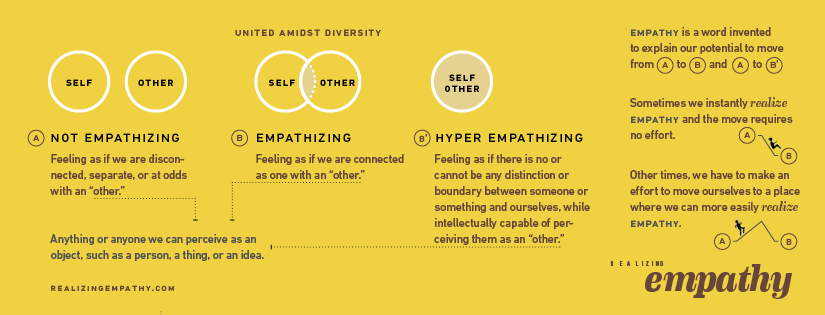What we do for our survival
isn’t selfish
it’s natural
and normal.
Others might not like it
but it doesn’t make it
selfish
When we help,
we don’t realize we’re focused
on our own pain and discomfort
but it is when and only when
we can relieve ourselves of tension
and be present enough with our pain and discomfort
to have room in our being
to be with another person’s pain and discomfort
that we can serve
and the byproduct of that is we feel fulfilled
but our fulfillment is not the focus
